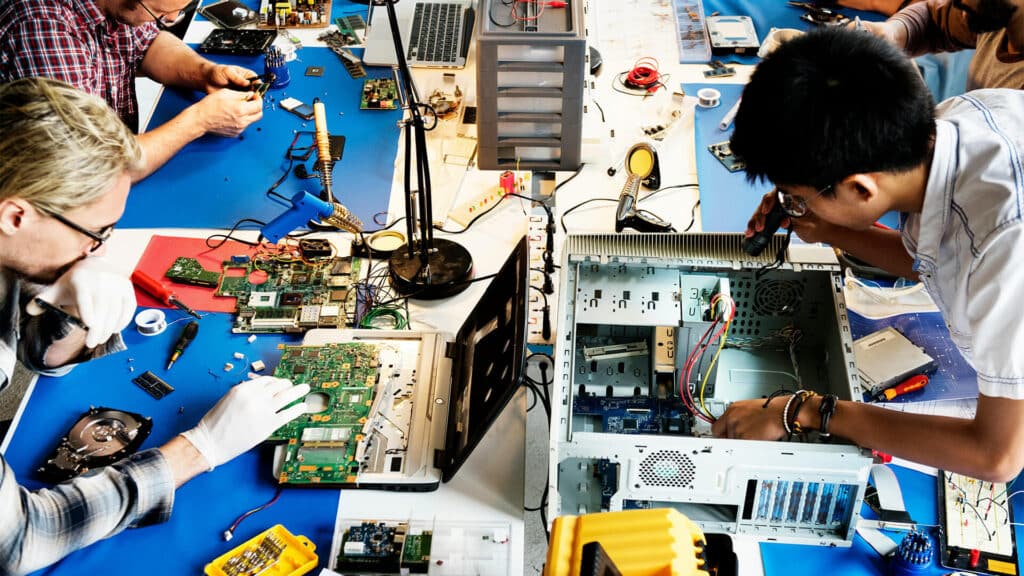A controversial new sporting event is set to launch next May in Las Vegas—and it’s turning the traditional idea of athletic competition on its head. Dubbed the “Enhanced Games,” the event will allow athletes to openly use performance-enhancing drugs (PEDs), challenging decades of anti-doping policies that have defined elite sports like the Olympics, according to the Associated Press.
The games are being framed as a high-stakes, unfiltered alternative to the Olympics, with events in track and field, swimming, and weightlifting. Athletes will compete for up to $500,000 per event in prize money, with $250,000 awarded to each first-place winner. According to organizers, appearance fees will also be paid to those who break previous world records.
“We are here to move humanity forward,” said Aron D’Souza, the London-based founder and president of the Enhanced Games. “… The old rules didn’t just hold back athletes, they held back humanity.”
D’Souza, a lawyer and entrepreneur, says the mission is to challenge stigmas around PEDs and showcase what athletes can achieve when scientific innovation isn’t treated as cheating, per ESPN. The Enhanced Games website calls it “science meets sport,” and claims modern anti-doping policies are outdated and inconsistent.
Australian swimmer and Olympic silver medalist James Magnussen was the first to officially sign on. Though he admits to long supporting anti-doping efforts, he says this new model offers a radically different framework.
“It frustrated me at times that not all athletes adhered to those same guidelines,” Magnussen told the press. “But I think these two organizations sit quite separately, and I have very strong opinions that performance-enhancing drugs should not be used in clean sport. It is cheating and bending the rules, but this is a different set of rules, different set of guidelines, different product entirely.”
Several other top swimmers—including Kristian Gkolomeev, Andrii Govorov, and Josif Miladinov—have expressed interest in participating.
But the Enhanced Games aren’t without major backlash. Critics argue that normalizing PEDs undermines the integrity and safety of sport. Travis Tygart, CEO of the U.S. Anti-Doping Agency, didn’t hold back, calling the event “a dangerous clown show, not real sport.”
The International Olympic Committee also weighed in, warning: “If you want to destroy any concept of fair play and fair competition in sport, this would be a good way to do it.”
According to The Guardian, Enhanced Games athletes won’t undergo traditional anti-doping testing. Instead, they’ll participate in a clinical trial (currently awaiting ethical approval), disclose the drugs they’re taking, and be monitored by independent scientific and ethics boards. Organizers say this protocol is meant to prioritize athlete safety while fostering scientific transparency.
Still, experts are concerned about the long-term health consequences and the message this sends to younger athletes. The Enhanced Games may promise freedom from outdated rules—but it’s also igniting a global debate over what fairness, risk, and excellence in sport really mean.











